PEDAGOGY
Bykova V.O.
Component and structural analysis of the “specialist’s competitiveness” phenomenon ![]()
Volkova N.P.
Modeling future professional activities of graduates in tertiary schools’ teaching/learning process ![]()
Grytsiuk O.S.
Integrated lessons in mathematical training of future engineers ![]()
Pevna S.Y.
Subjective position as a basis of student’s professional formation ![]()
Tymchenko-Mikhailidi N.S., Pugach V.B.
Interactive technologies as a means of preparing future customs officers for professional interaction ![]()
Tokarieva A.V.
Media-literacy development of Ukrainian tertiary students ![]()
METHODS OF FOREIGN LANGUAGE TEACHING
Davydenko J.E.
Strategies to use TICE-technologies in second foreign language classes ![]()
Kabanova M.R., Kozhushko S.P., Bradbеer P.
The communicative method and simulations in teaching English to law students ![]()
Mikhlik O.O.
Communicative orientation of conscious skills in working with a thematic text (at a non-linguistic tertiary school) ![]()
Nozhovnik O.M.
Concept and structure of a profession-oriented textbook of English for tertiary students majoring in “International Economics” ![]()
Pavlovska Y.V.
Modern approaches to the organization of English corretion courses in the multilevel groups in the first year of study ![]()
Slipchenko L.B.
The principles of teaching business telephone communication in English to future economists ![]()
PSYCHOLOGY
Illarionova O.P.
The phenomenon of imaginary friend in child’s psychic development ![]()
Kapinus T.I.
Differences in attention of younger school age boys and girls ![]()
Kyrychenko V.V.
Personnel management in the conditions of organizational changes: the environmental approach ![]()
Palm G.A.
Mental conditions in the situation of competition ![]()
Suriakova M.V.
Personality characteristics of high school students and their behavior strategies in conflict situations ![]()
Fedorenko L.O.
Psychosocial indications of psoriasis patients’ life quality ![]()



